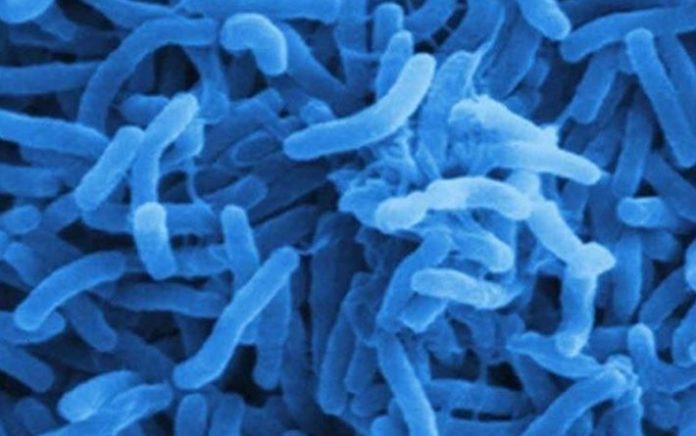South Africa has recorded cholera cases, attributed to two sisters who had been to Malawi.
Health spokesperson Foster Mohale said Health Minister Joe Phaahla called for vigilance as the country recorded two laboratory-confirmed cases.
“The cases are sisters who had travelled together from Johannesburg to Malawi to attend a funeral service. They returned by bus on 30 January. Both patients had developed symptoms on their return to Johannesburg.
“One patient presented to a local clinic and was then admitted to the hospital. During the case investigation and follow-up of close contacts, the other sister reported that she developed diarrhoea while travelling back from Malawi. It (was) resolved within a day, and she did not seek healthcare.”
Mohale added that a close contact, who is a household family member of one of the two patients, was admitted to hospital on 4 February, suffering from diarrhoea and dehydration, and was considered a possible case.
“Laboratory test results are pending. Follow-up of close contacts is ongoing,” said Mohale.
Background
- Cholera is an acute enteric infection, which is caused by the bacteria, Vibrio. The outbreaks usually occur in inadequate sanitation and insufficient access to safe drinking water.
- Cholera typically causes acute watery diarrhoea and can affect people of all ages. It mainly spreads through contaminated and polluted water.
- People can become infected, directly, by drinking contaminated water or, indirectly, by eating contaminated food.
- The infection is often mild or without symptoms, but can sometimes be severe and life-threatening.
- Symptoms range from mild to severe watery diarrhoea and dehydration.
ALSO READ: Diarrhoea: Types, symptoms and causes
“Although cholera is often predictable and preventable. People are urged to ensure proper hand hygiene, which includes thoroughly washing hands with water and soap before and after using the bathroom or toilet and preparing or eating food.
The use of only safe or disinfected water for preparing food, beverages and ice is recommended to prevent possible cholera transmission include.
“Safe disposal of human excrement and nappies is recommended. The department is working closely with the affected province, the National Institute for Communicable Diseases and World Health Organisation to closely monitor the situation.
“All people experiencing symptoms, such as diarrhoea and dehydration, with or without travel history to cholera outbreak countries, are urged to report to their nearest health facilities for health screening and early detection.
“The World Health Organisation does not recommend any travel or trade restrictions on countries based on available information in line with international health regulations. The port health officials at the ports of entry remain on alert for travellers arriving from countries experiencing cholera outbreak.”
Mohale said cholera was not endemic to South Africa, and the last outbreak was in 2008/9, with about 12 000 cases.
News24


